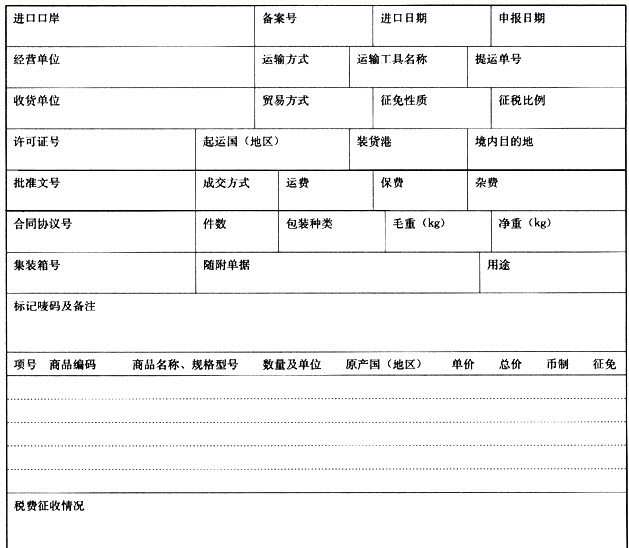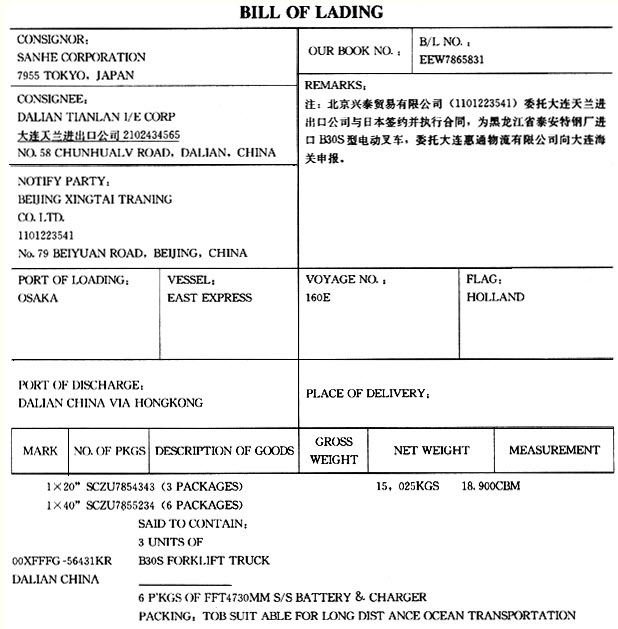阅读理解。
Across the planet there are millions of people who engage in some type of meditation, the practice
of concentrating and clearing the mind to bring the body into a state of peace, at least a semi-regular
basis. For some, particularly among practitioners of Eastern religions such as Buddhism and Hinduism,
this is part and parcel of their religious practice.
For others, particularly in Western cultures, meditation tends to be a response to stress. With the
world economy approaching meltdown and people worried about their job or their ability to keep their
home, it’s a way for people to attain a state of peace of mind and well-being.
For those interested in taking up the practice, instruction in meditation for beginners can be found in
literally thousands of sources.
One of the most popular styles of mediation in the West, with classes offered in most major cities, is
called Transcendental Meditation. TM, as it is known among its practitioners, first came to worldwide
attention when the Beatles began practicing it in 1967. For direct, guided, personal instruction in
meditation for the beginner, TM may be the hallmark.
Part of the confusion about how to practice meditation effectively is due to the fact that there are
literally hundreds of techniques championed by various groups and individuals. As a general principle,
it might be said that all meditation techniques seek to have the practitioner attain a state of consciousness
that is different to our ordinary state of awareness. They attempt to train people to clear their minds and
achieve a sense of inner peace. It sounds simple enough, but of the huge number of people experiment
with meditation, very few are able to maintain its practice over the long haul. In most cases, this is due
to frustration over the inability to experience any dramatic, instantly recognizable effects.
This is quite a sad state of affairs, that so few these days are willing or equipped to persist in
something that doesn’t provide immediate life-changing results. It reflects a culture in which demands
for discipline and sustained effort are considered unnecessary or even unfair. It is no surprise therefore
that many people abandon their efforts at meditation before they have a chance to bear fruit.
But for anyone who does decide to take up this worthwhile practice, please remember. You must
clear your mind, relax and “take it as it comes”. Maintain the practice with a sense of discipline and
devotion, and eventually benefits of inner peace and calm will be yours.
1. The underlined part “part and parcel of” in paragraph 1 is nearest in meaning to ________.
A. closely associated with
B. very different to
C. usually sent from
D. an important element of
2. The goal of meditation is ________.
A. to clear the mind
B. to practice a religion
C. to develop a technique
D. to carry out an experiment
3. What can we infer about meditation from the passage?
A. It has two main types.
B. It is practiced by many famous artists.
C. Its benefits are not immediately obvious.
D. Most people find it a very good way to relax.
4. According to the writer, what has attracted many Western people to meditation practices in recent
years?
A. Their improved understanding of foreign culture.
B. The need to fill in their growing free time.
C. Increasing employment instability.
D. Migration from countries in which meditation is traditional.
5. Who is the probable audience for this article?
A. Experienced meditation practitioners.
B. People interested in starting to learn meditation.
C. Buddhists and Hindus.
D. People who are very religious.
1-5: DACCB


 资料2
资料2
 资料3
资料3
 请根据以上资料,选择以下栏目的正确选项:
请根据以上资料,选择以下栏目的正确选项: